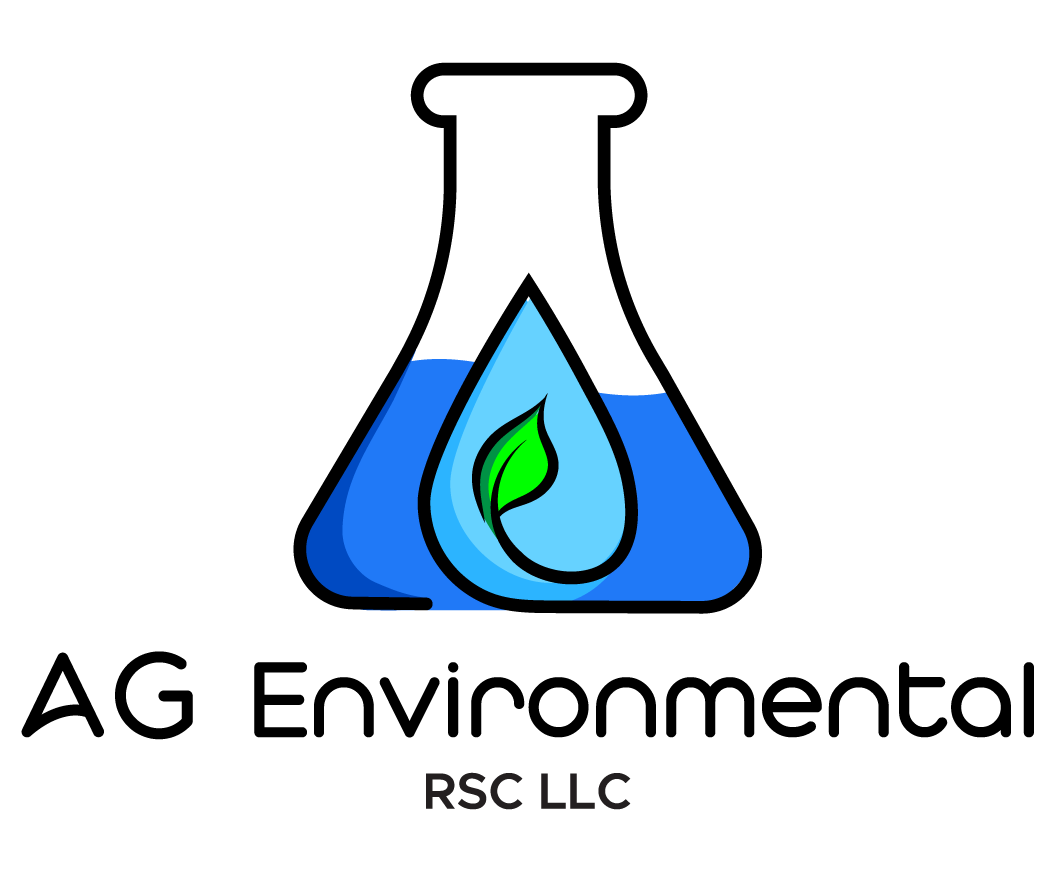Industries at Risk: Water Testing in Manufacturing and Production Facilities
Water is a vital resource that sustains life and fuels industries around the world. Among these industries, manufacturing and production facilities play a crucial role in global economies. However, their operations can significantly impact water quality, potentially leading to environmental degradation and public health risks. In this blog post, we'll delve into the importance of water testing in manufacturing and production facilities, exploring the risks posed by these industries and the measures that can be taken to ensure water quality and sustainability.
The Impact of Manufacturing and Production on Water Quality.
Manufacturing and production processes often involve the use of various chemicals, solvents, and raw materials that can find their way into water systems. Wastewater generated from these processes can contain heavy metals, organic compounds, and other pollutants that pose threats to aquatic ecosystems and human health. Contaminated water discharges can lead to soil pollution, harm aquatic life, and even make their way into drinking water sources if not managed properly.
Identifying the Risks.
1. Chemical Contaminants: Releasing toxic chemicals into water bodies can have long-lasting effects. Chemical spills and improper disposal of waste can contaminate local water supplies, affecting both human populations and ecosystems.
2. Heavy Metals: Manufacturing processes may involve heavy metals like lead, mercury, and cadmium. These metals can accumulate in water bodies over time, posing serious health risks to aquatic life and humans who consume water from these sources.
3. Microbial Contamination: Poorly managed wastewater can carry harmful bacteria and pathogens, leading to outbreaks of waterborne diseases if ingested or come into contact with humans.
4. Thermal Pollution: Industries that use water for cooling purposes can release heated water back into water bodies, disrupting aquatic ecosystems and affecting water quality.
The Role of Water Testing.
Water testing is an indispensable tool for manufacturing and production facilities to monitor and manage their environmental impact. Regular testing helps identify contaminants and pollutants in wastewater, allowing companies to take corrective measures promptly. Here's why water testing is crucial for these industries:
1. Early Detection: Regular water testing enables the early detection of contaminants, giving industries the opportunity to address issues before they escalate and cause irreversible damage.
2. Compliance: Many industries are subject to strict environmental regulations that limit the discharge of pollutants. Water testing helps ensure compliance with these regulations, avoiding potential legal and financial penalties.
3. Sustainability: By identifying areas of concern, industries can implement more sustainable practices, such as adopting cleaner production methods and optimizing water usage to reduce their impact on water quality.
Implementing Effective Water Testing Practices.
1. Comprehensive Monitoring: Establish a robust water testing program that covers all relevant parameters, from chemical composition to microbial content and temperature.
2. Regular Sampling: Regularly collect water samples from various points within the facility and at discharge points to get an accurate representation of water quality.
3. Collaboration with Experts: Partner with environmental experts and laboratories specializing in water testing. Their insights and analyses can guide effective decision-making.
4. Data Analysis: Regularly analyze testing data to identify trends, potential risks, and areas for improvement.
Conclusion
Manufacturing and production industries play a vital role in global economies, but they must also take responsibility for their environmental impact. Water testing serves as a critical tool in identifying and mitigating risks associated with water contamination from these industries. By prioritizing water quality and adopting sustainable practices, manufacturing and production facilities can contribute to a healthier environment, safeguard public health, and ensure the availability of clean water for generations to come. Contact Sullivan County Water Testing Lab today to discuss your water testing and treatment plans, and how we can make your operations safe and secure.

